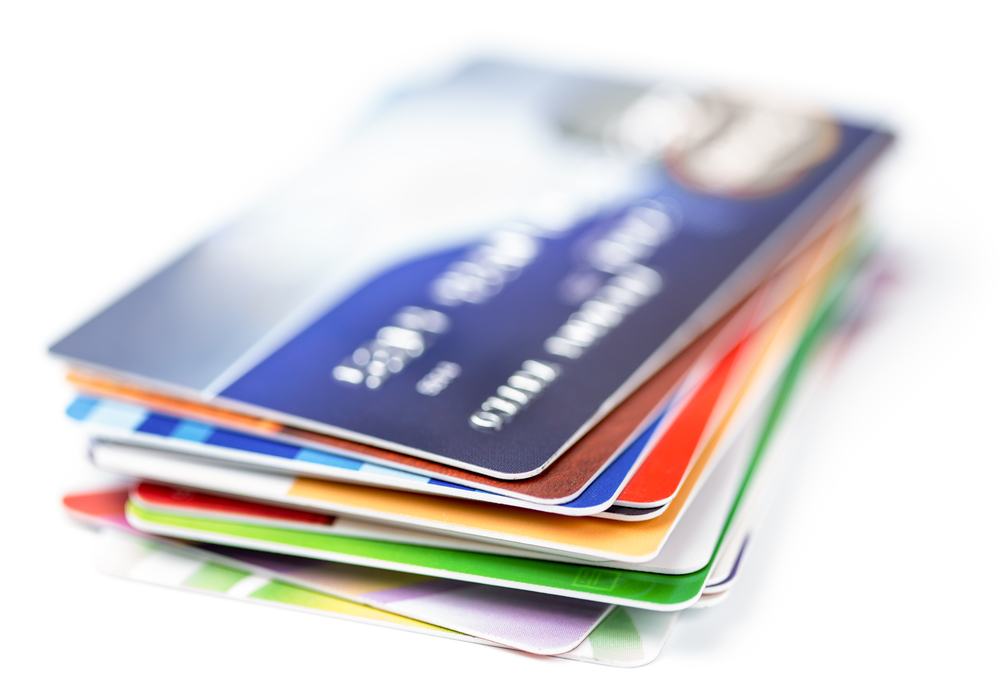News
Days left to avoid HMRC’s new business debit card charge

Payments to HM Revenue and Customs using a business debit card will attract a fee from November, so you could be charged more when paying your self-assessment tax return.
From 1 November, any payments to HMRC such as the self-assessment tax return bill, income tax from a previous underpayment or stamp duty will incur a fee where people use a business debit card.
The Fees for Payment of Taxes, etc. by Card Regulations 2020 allows HMRC to charge business debit card users a fee, based on a new formula which is equal to the merchant acquirer fee, the interchange fee and the scheme fee for the payment.
Essentially, it will cover the fees incurred by HMRC when receiving payment by card, meaning it will no longer absorb the cost for business debit card payments so that there’s no additional cost to the taxpayer. It said this typically costs taxpayers £3m.
HMRC was unable to give a minimum or a maximum cost for the business debit card fee as it said it will vary from provider to provider. But as an example, it said a payment of £2,000 would likely incur a surcharge of around £1.50.
Rip-off credit card surcharges were banned in the UK in January 2018 and HMRC announced it would no longer accept personal credit card payments on any payment to HMRC, including:
- Self-assessment
- VAT
- Stamp duty
- Income tax (because you previously underpaid)
- Employers’ PAYE and National Insurance
- Corporation tax
- Miscellaneous payments (if reference begins with ‘X’).
Corporate, business and commercial credit card payments weren’t affected by the payments directive so they still incur a charge when used. Personal debit cards and business debit card payments are currently fee-free.
There is also no charge for payment by Direct Debit, bank transfer or cheque.
The new legislation states: “Regulation provides that a fee is payable whenever a business credit or debit card is used to make a payment to HMRC.
“Under the revoked legislation, a fee was only payable to HMRC in relation to payments with specified business credit cards and was not payable in relation to payments by any debit cards. The Regulations accordingly increase the range of cards in respect of which a fee is payable.”
‘Small businesses will have little choice but to absorb the costs’
Federation of Small Businesses national chairman, Mike Cherry, said: “At a time when small firms are really up against it, HMRC should be looking to minimise, not increase, the costs they face.
“Frustratingly, November’s move means that small businesses now not only face interchange, merchant and scheme fees when a customer uses a card to buy from them, but also when they pay HMRC. Really we need to look at this issue in the round and assess how we avoid a situation where small firms are always picking up the bill for the move to an increasingly cashless society.
“The introduction of the second payment services directive means they’re no longer able to share card charges with customers, leaving them with little choice but to absorb these costs themselves. HMRC has simply stopped accepting personal card payments so it doesn’t have to absorb fees, that’s a real drag for business owners in their early stages when they may be yet to set-up a business account.
“But it’s also a tacit acceptance that these fees place a big strain on organisations, small businesses included. The difference is, small firms can’t simply stop accepting personal card payments.”
‘Sensible bit of legislation’
Matthew Brown, Chartered Institute of Taxation’s technical officer, said whether a fee will be payable from November on debit card payments will naturally depend on the debit card but if the merchant (debit card issuer etc) charges a fee, then one will be payable from that date.
He added: “Most taxpayers will choose to pay HMRC using methods that do not attract fees which are incurred when paying by credit card.
“In effect, the fees by these merchants are passed onto the taxpayer rather than being met by the Exchequer (and ultimately reducing the tax take) which is fair enough. Most self-employed or company taxpayers won’t notice any real change. What this legislation is mostly doing is saving time on updating the legislation every time fees change or a new provider etc enters the market by replacing the existing table of fees with a formula to calculate the fees. That’s a sensible bit of legislation.”
‘Debit card fees cost taxpayers’ £3m’
An HMRC spokesperson said: “This change brings rules for corporate debit cards in line with corporate credit cards. Less than 1% of payments to HMRC are made by corporate debit card yet they cost £3m of taxpayers’ money due to the fees associated with them.
“There are many other payment methods available like Direct Debit, bank transfer and cheque, which stop unnecessary use of public funds.”